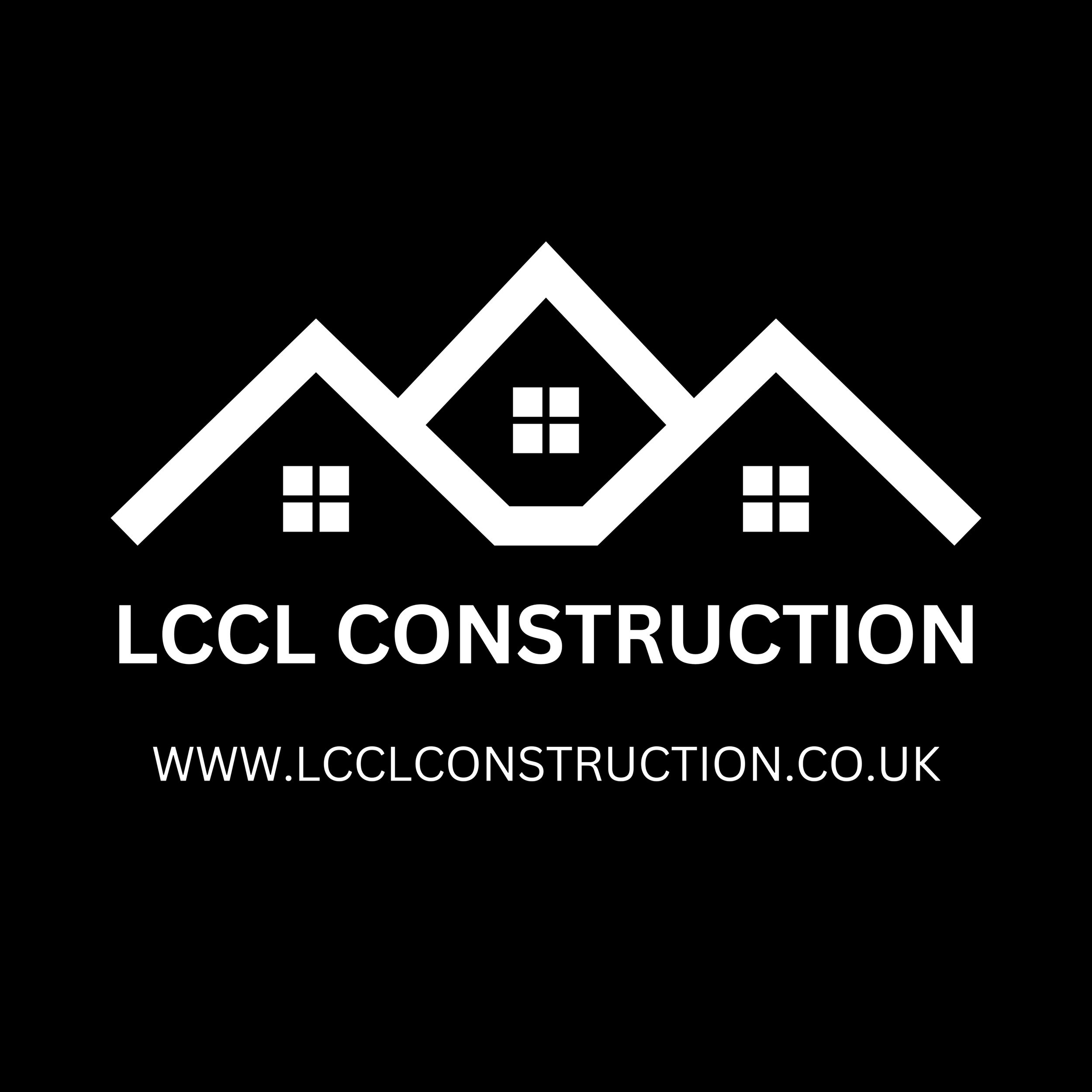Mansard loft conversions everything you need to know
- Lccl Construction

- Apr 28, 2020
- 3 min read
Updated: Nov 17, 2023
A mansard loft conversion, named after the 17th-century French Architect Francois Mansard, is situated to the rear of the property. This type of conversion has a flat roof, with the back wall sloping inwards at an angle of 72 degrees. Windows are usually housed within small dormers which extend from the roof to create additional space.

What is a Mansard loft conversion?
Mansard space transformations can be considered as an; extension over the whole plane of your property’s rooftop. Regularly found at the back of properties, this sort of transformation changes the inclining side of your rooftop to a practically vertical side – one of no less than 72 degrees.

Benefits of Mansard loft conversion
The major benefit of a Mansard conversion is all that extra space it provides. By raising one of the pitched sides, the attic space is immediately transformed into a spacious living area – almost as if the property had an extra room to begin with.

Do Mansard loft conversions require planning permission?
Planning permission is almost always required for mansard loft conversions. These conversions create maximum living space within your roof by effectively creating another storey to your property.

Is my house suitable for a Mansard loft conversion?
Mansard rooftops are especially regular in London and other urban regions. They can frequently be seen over entire lines of more established terraced properties. In spite of the fact that not frequently observed in rural territories – level rooftop dormers are normally less expensive and less complex to build – mansard rooftops are really appropriate for a wide range of properties.
Mansard loft conversions Building Regulations
Building regulations are the vital part of all loft conversions. All the loft conversions must be compliant with building regulation standards and every step of the construction of the loft conversion must be checked by Local Authority Building Control and signed off.
To be compliant with building regulations you will need to pass on each one of these categories:
Headroom
Insulation
Fire Safety
Electrical
Stairs and Stairs Design
Sound Proofing
Structural
these are just a few...
What is the cost of the loft conversion and house extension?
You can use our "instant quote calculator" and find out the cost in seconds! for both design and build, architecture services or just construction services depend what stage you are in and what you have so far completed.
We have experience of over 15 years in design and construction of loft conversions and home extensions in London and Hertfordshire areas and have worked out a unique calculation formula that you can find out to what your house extension and loft conversion will cost in seconds.
How can Lccl Construction be of help?
Do you require a loft conversion and house extension to add extra space?
Do you require architecture design and construction services?
Then look no further get in touch with us for a detailed free no obligation quote. We can accommodate a very quick turnaround. Our loft conversions and house extensions come with 10 year guarantee and 12 month workmanship guarantee.
Use our instant quote calculator for a quote about your project whether construction only or design and build.
Use our Free consultation call booking system to schedule a call at the time and date that suits you best.
Telephone: 020 8037 7332
Email: info@lcclconstruction.co.uk
Free consultation call: https://www.lcclconstruction.co.uk/book-online
Instant quote online: https://www.lcclconstruction.co.uk/instant-quote
How does it work? https://www.lcclconstruction.co.uk/how-does-it-work
More related types of loft conversions and everything you need to know about them:
Dormer loft conversion

The most popular and most talked about type of loft is "Dormer Loft Conversion". So what is a dormer loft conversion? is it right for your home?
Hip to gable loft conversion

A Hip to Gable loft conversion is very popular on semi-detached & detached properties with sloping roofs, which is essentially a roof with a sloping side in addition to the slopes at the front and back.
Mansard loft conversion

A mansard loft conversion, named after the 17th-century French Architect Francois Mansard, is situated to the rear of the property. This type of conversion has a flat roof, with the back wall sloping inwards at an angle of 72 degrees.
L shaped loft conversion

An L shaped loft conversion is absolutely ideal for period properties with a back addition as you can also extend up the top of the back addition to get loads more space.





